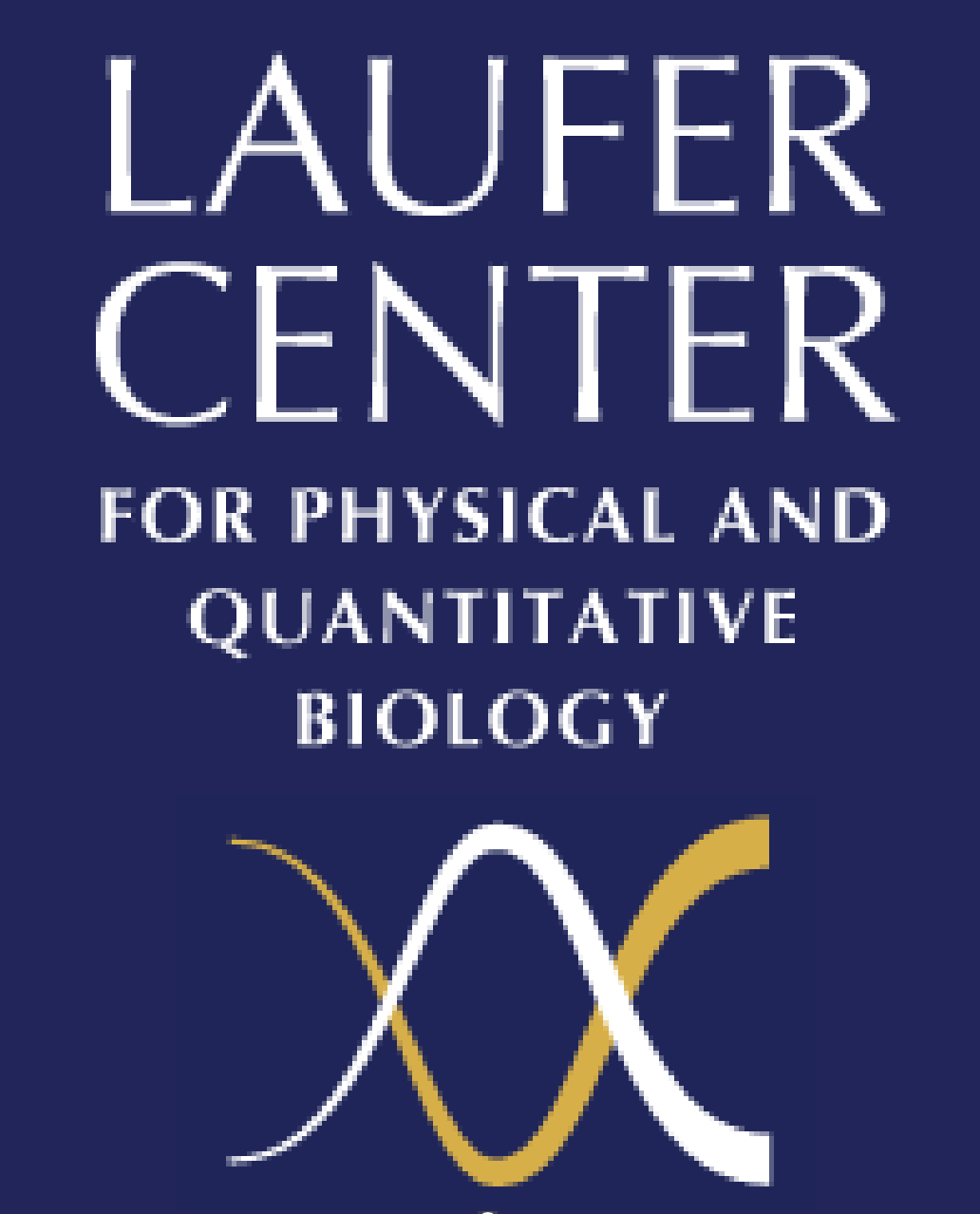Events Calendar
Richard W. Aldrich, Professor and Chair of the Section of Neurobiology in the School of Biological Sciences, and the Karl Folkers Chair II in Interdisciplinary Biomedical Research
University of Texas at Austin
Allosteric Gating of Voltage and Calcium Activated Potassium Channels
Allosteric regulation and cooperativity are essential molecular features of cellular signaling and regulation, allowing for nonlinear behavior and plasticity of signaling and metabolic pathways and for interactions between them. Ion channels are a powerful system for exploring the molecular mechanisms of allosteric regulation, largely due to the power of electrophysiological methods to study protein function. Results from two types of calcium activated potassium channels will be discussed. These channels are involved in a wide variety of physiological functions, including regulation of blood pressure, neuronal plasticity and hearing. BK channels are activated by both calcium binding to cytoplasmic sites and by changes in the membrane voltage. SK channels have no voltage dependence and are activated solely by calcium binding. SK channels sense calcium by way of tightly bound calmodulin molecules that transduce calcium binding into conformational changes in the channel protein. Calmodulin is a ubiquitous calcium sensor for a very wide range of calcium signaling pathways. It exhibits strong interactions among its calcium binding sites and is therefore also an important and valuable system for understanding allosteric mechanisms. New spectroscopic methods have been developed to better understand the relationships among the calcium binding sites.
Host: Ken Dill, Laufer Center


